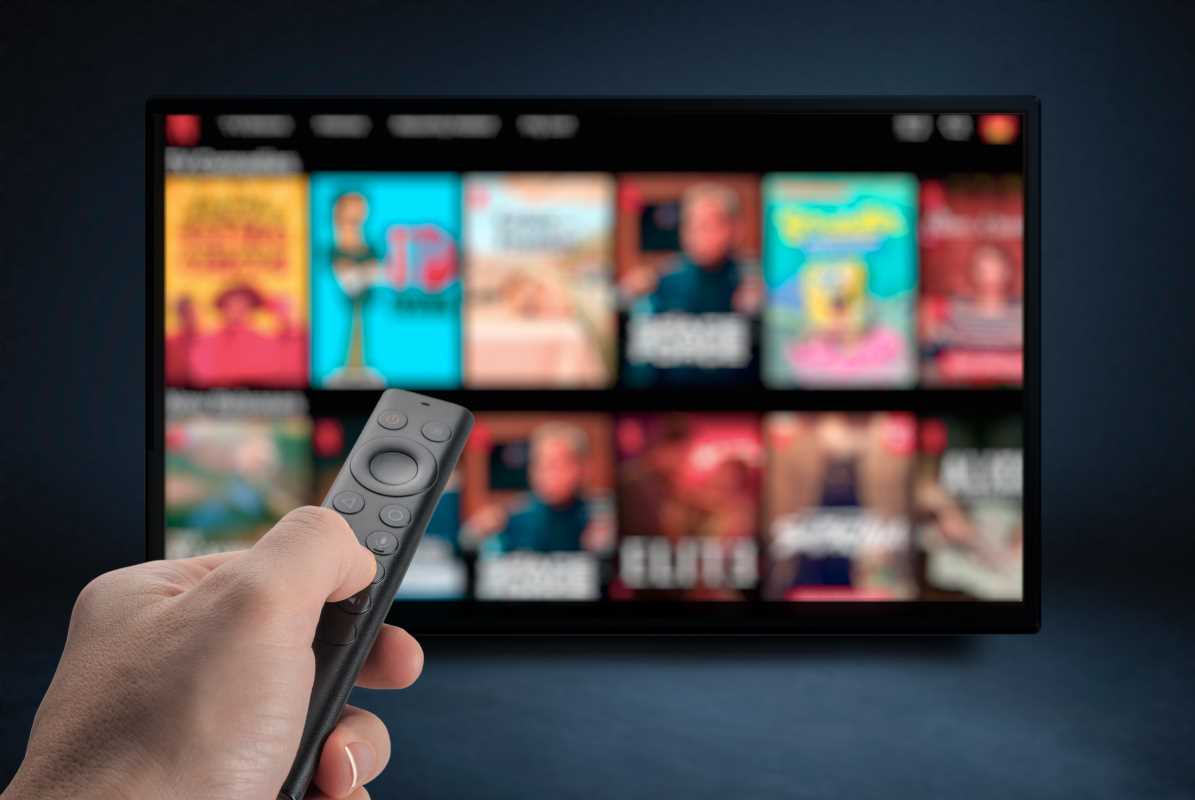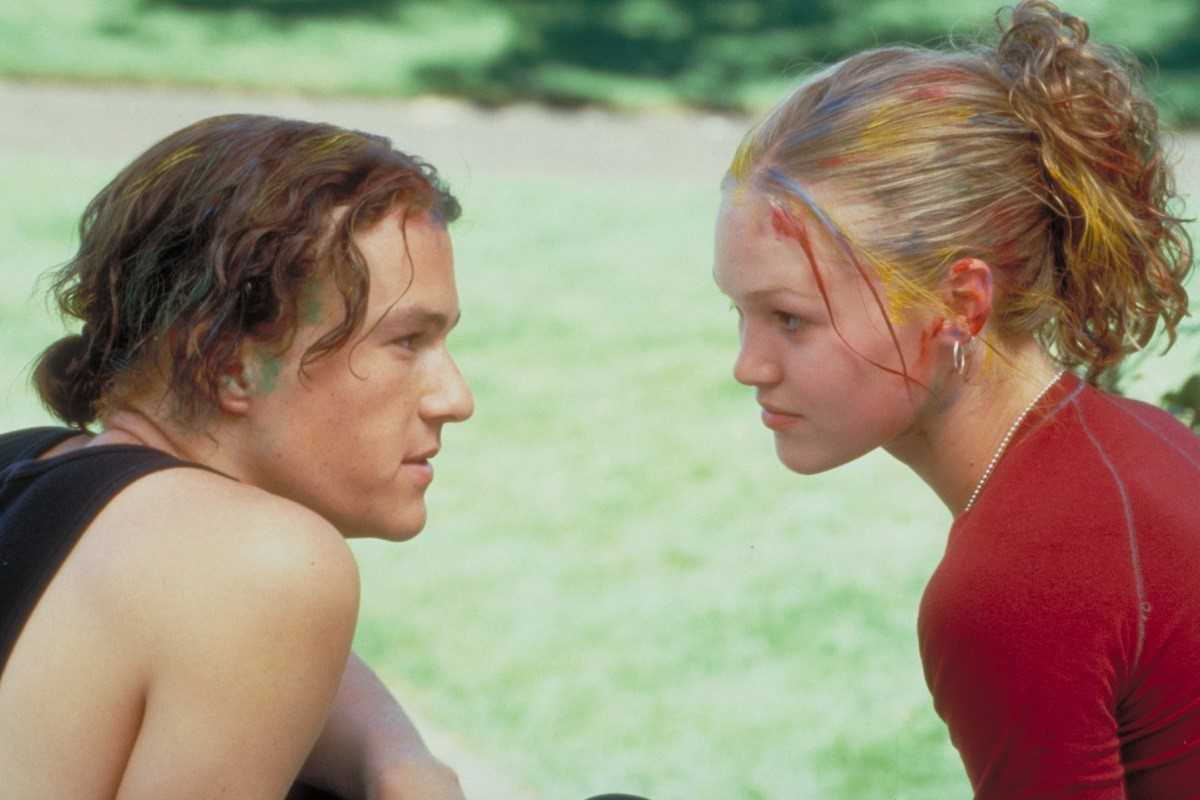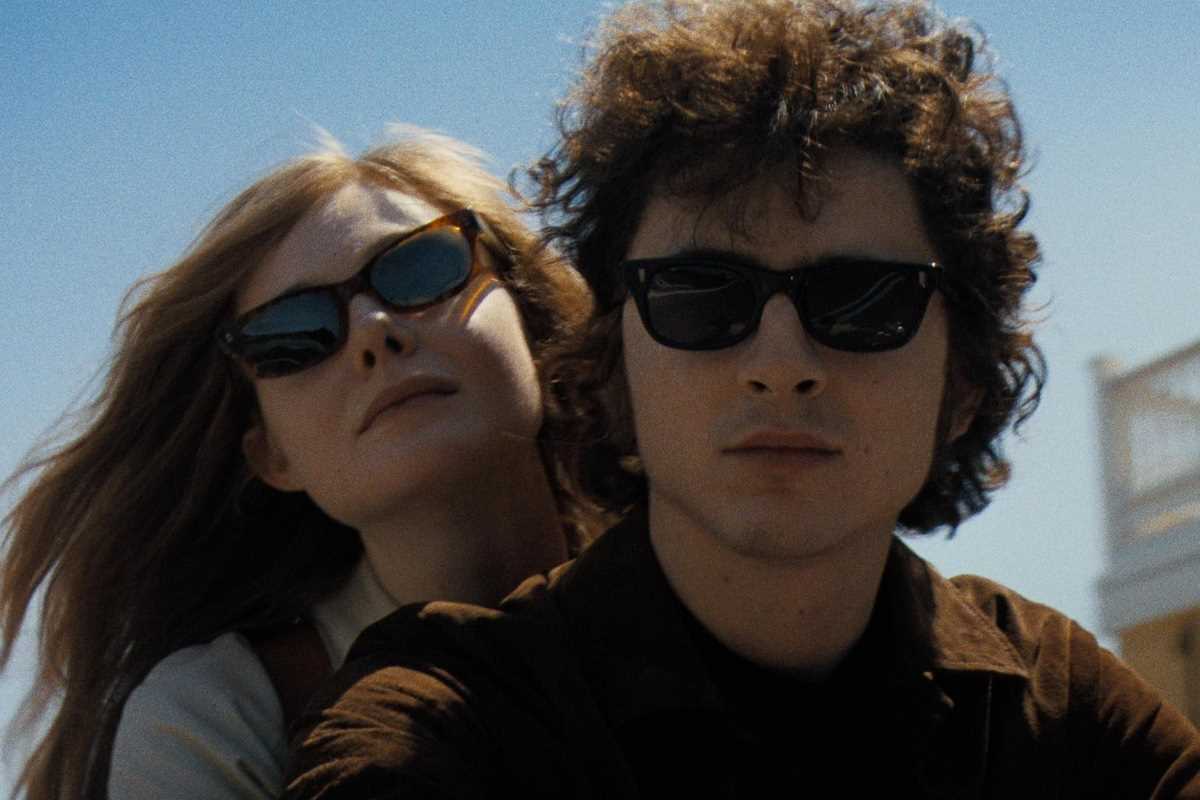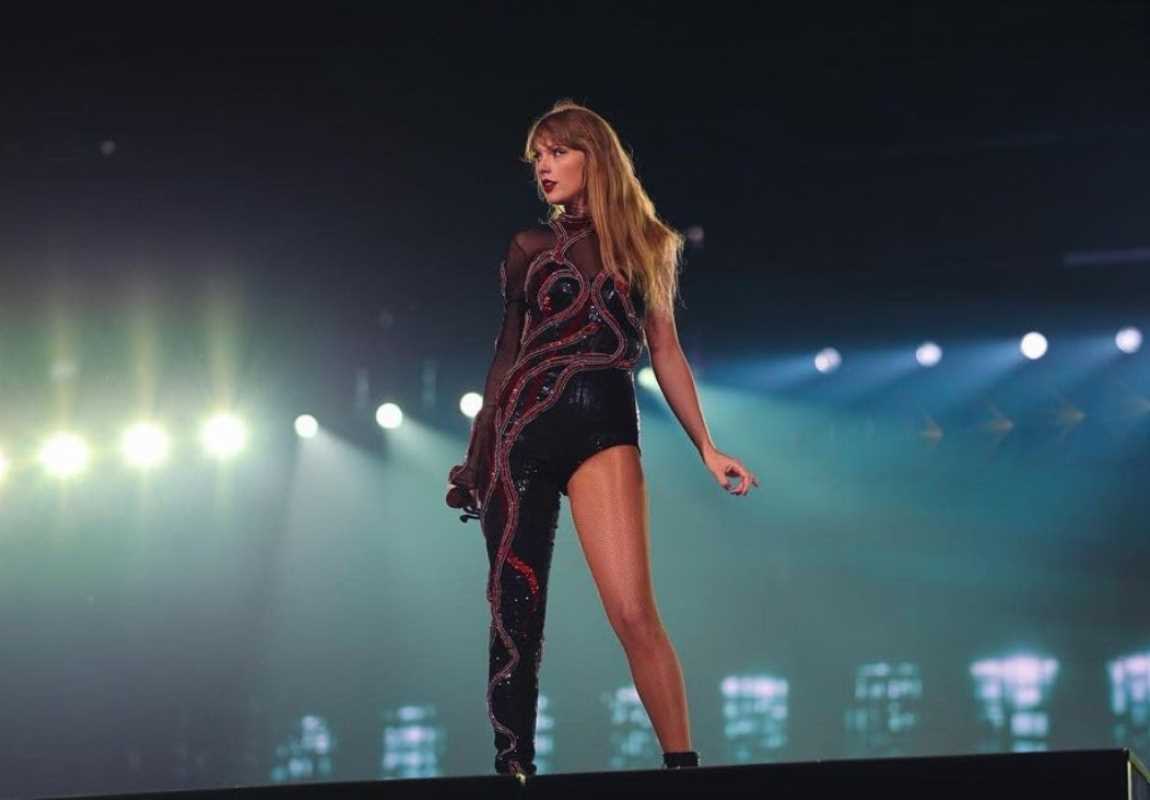It’s no secret that Hollywood loves a good franchise. From superheroes to sagas, a successful series can captivate audiences and rake in billions at the box office. However, the desire to squeeze every last drop from a hit often leads franchises to drag on far longer than they should. We’ve all been there—watching a sequel we didn’t ask for, wondering why we couldn’t have just left things on a high note. Here, we look at five movie franchises that should have known when to quit, including Pirates of the Caribbean, Indiana Jones, and others.
1. Pirates of the Caribbean – The Treasure Chest Is Empty
The first Pirates of the Caribbean movie, The Curse of the Black Pearl (2003), was an unexpected triumph. With Johnny Depp’s iconic portrayal of Jack Sparrow, thrilling action sequences, and a sense of whimsical adventure, it was a breath of fresh (sea) air. The sequel, Dead Man’s Chest, kept audiences engaged, and its follow-up, At World's End, provided a decent enough sense of closure.
But then came On Stranger Tides (2011)—followed by Dead Men Tell No Tales (2017). Without Orlando Bloom’s Will Turner or Keira Knightley’s Elizabeth Swann driving the emotional core, the latter films leaned too heavily on Johnny Depp’s increasingly exaggerated Sparrow, resulting in convoluted plots and diminishing returns. The magic of the high seas adventure fizzled, replaced by tired jokes and chaotic CGI-fests.
The franchise might have thrived had it ended with At World's End, leaving audiences with fond memories of the original trilogy instead of the unremarkable sequels that followed.
2. Indiana Jones – Whipping a Dead Horse
Few franchises can boast the pop culture legacy of Indiana Jones. Every installment of the original trilogy—Raiders of the Lost Ark (1981), Temple of Doom (1984), and The Last Crusade (1989)—was a masterpiece of escapist adventure. The third film even delivered a satisfying conclusion, with Indy (Harrison Ford) riding off into the sunset alongside his father.
And then came Indiana Jones and the Kingdom of the Crystal Skull (2008). Laden with CGI, aliens, and a divisive performance by Shia LaBeouf as Jones’s son, the film marked a sharp drop in quality. While it introduced the fedora-wearing archaeologist to a new generation, it felt like a relic of a franchise that had run out of steam.
Yet Hollywood wasn’t done. Indiana Jones and the Dial of Destiny (2023) hit theaters with much fanfare but proved that even Harrison Ford’s charisma couldn’t revive the series. While his legacy remains intact, the franchise would have been far better off ending with The Last Crusade. Sometimes, the real treasure is knowing when to say goodbye.
3. The Fast & Furious Franchise – Running Out of Gas
Once a humble ode to street racing culture, the Fast & Furious franchise has evolved (or devolved) into a series of increasingly implausible action spectacles. By the time Fast Five (2011) came around, the films had embraced their over-the-top nature, leaning heavily into heists, explosions, and physics-defying stunts.
However, with every subsequent installment—from vault-dragging cars to stopping nuclear submarines and even heading into space—the series has strayed further from its roots. While Furious 7 (2015) and its tribute to the late Paul Walker offered a touching sendoff, the franchise kept rolling with F9 and plans for multiple sequels.
At some point, the laws of diminishing returns set in. What started as adrenaline-fueled fun now feels like a parody of itself. The series could have ended gracefully after Furious 7, leaving audiences with a heartfelt conclusion instead of repeatedly revving its engine with nowhere to go.
4. Jurassic Park – Dinosaurs Deserved Better
Steven Spielberg’s Jurassic Park (1993) was an extraordinary achievement in cinematic storytelling and groundbreaking visuals. The first sequel, The Lost World (1997), was a respectable follow-up, and even Jurassic Park III (2001) had its moments of charm. But rather than taking a break, the franchise roared back to life in 2015 with Jurassic World.
Though the first Jurassic World offered nostalgia and new thrills, its sequels, Fallen Kingdom (2018) and Dominion (2022), suffered from bloated narratives and uninspiring characters. The gimmick of genetically modified dinosaurs wore thin, and the emotional weight of the original film was nowhere to be found.
Instead of becoming a sprawling six-film saga, Jurassic Park could have done more with less. Ending the series after Jurassic Park III might have kept its reputation intact without overindulging in too many trips to Isla Nublar.
5. Transformers – From Robots to Rubble
When Transformers (2007) debuted, it brought the beloved toy line to life with stunning CGI and explosive action. Directed by Michael Bay, the first few movies were blockbusters filled with fun, albeit mindless, entertainment. However, as the sequels piled up, so did the issues. With incoherent plots, excessive length, and a growing sense of fatigue, the franchise began to stall.
By the fifth film, The Last Knight (2017), even longtime fans could agree that enough was enough. While the semi-reboot Bumblebee (2018) was a refreshing change, the mainline series feels more like a loud, unfocused spectacle than an exciting continuation.
Had the franchise kept itself to a well-plotted trilogy—or even stopped after the fourth installment—it might have left a stronger legacy. Instead, the Transformers series barrels forward, offering diminishing returns with every outing.
Final Take
There’s a fine line between giving fans what they want and stretching a story too thin. Franchises like Pirates of the Caribbean, Indiana Jones, and others have proven that even the most beloved series can overstay their welcome. By not knowing when to quit, Hollywood risks tarnishing the legacy of its most iconic characters and stories.
A great finale can leave audiences yearning for more while honoring the story’s original spirit. Sometimes it’s better to walk away, leaving us with fond memories instead of the bittersweet taste of “just one more sequel.” For now, we can only hope future franchises learn what these ones couldn’t—the value of a well-timed goodbye.
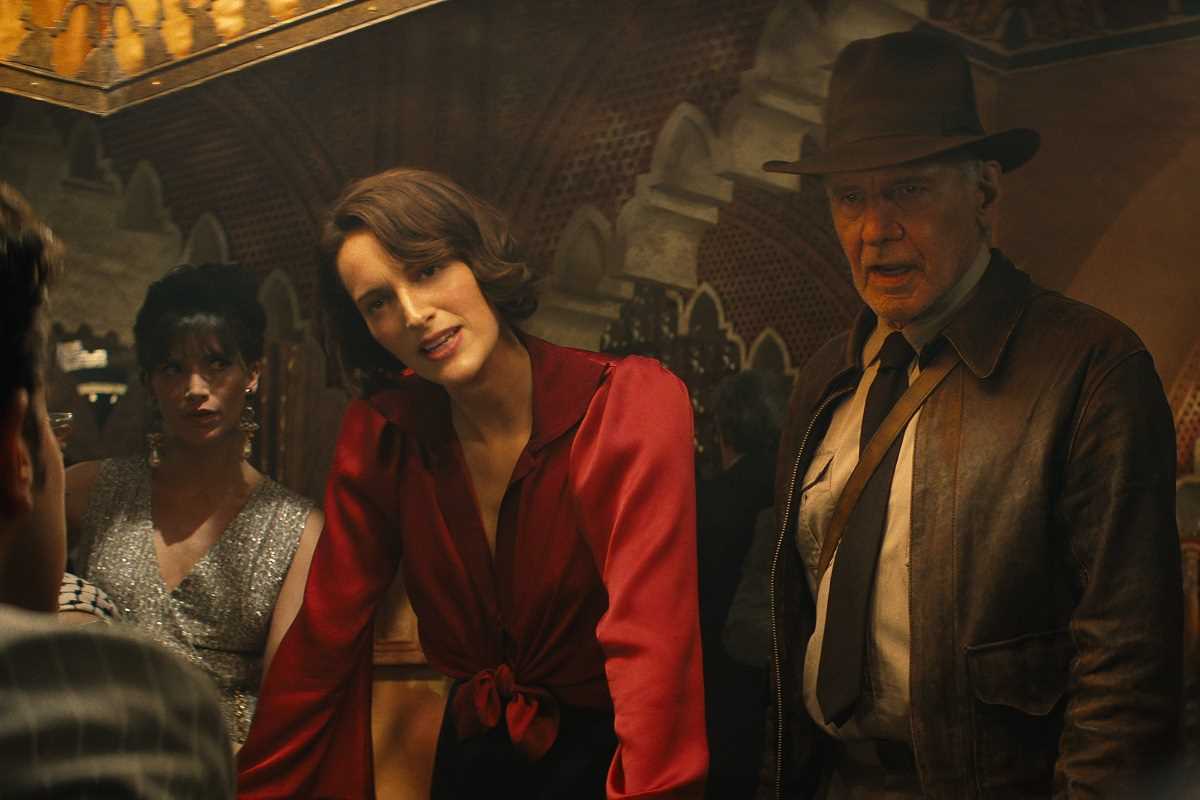 (Image via
(Image via
